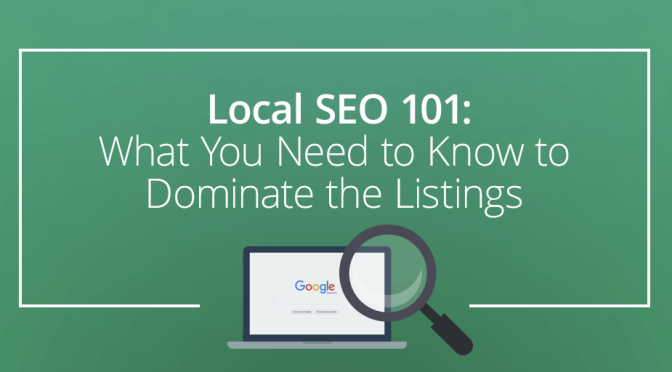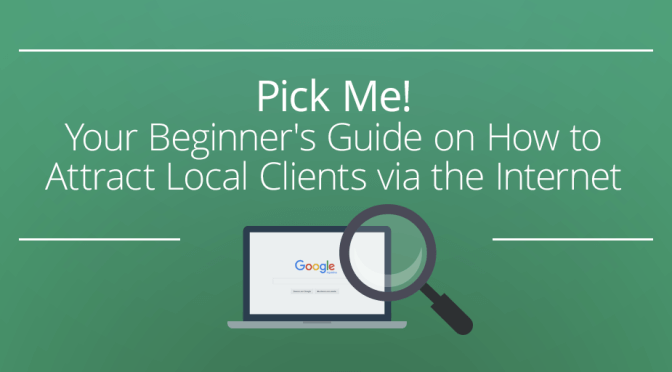Thinking of starting a blog on your law firm’s website? That’s great. Not sure where to start? You’ve come to the right place. In this post, we’re going to share eight easy steps to creating a useful and popular blog. Let’s go!
Don’t Speak in Legalese

Depositions, adjudications, affidavits, oh my! Unless fellow lawyers are your intended audience, tone down the law speak. Your clients will quickly feel overwhelmed by legal terms that they don’t understand.
Here’s the caveat: you should use it as a relevant keyword initially– somewhere in the first couple of paragraphs in your blog post. Then, define the keyword and break it down so that your audience understands what it means.
Here’s an example:
A prospective client arrives on your blog after searching for the term “expungement dallas, tx.” This person has a fuzzy idea of what expungement means. They only happened upon the term when asking around about removing a youthful indiscretion from their permanent criminal record. Your site needs to educate them on the bare basics of expungement and then provide relevant insight you’d like to include, based on what a prospective client will understand.
[Tweet “Always keep your intended audience in mind. “]Always keep your intended audience in mind. Adjust your conversation accordingly.
Focus on Only a Few Topics

You may be multi-passionate, but you might excel at one specific area of law. This is where you probably focus your practice and where you should also focus your blog.
Instead of trying to be all things to all people, zoom in on the one topic (or handful of topics) that your audience wants to know more about.
How do you determine the best topics to tackle in your law blog?
Consider what your clients or colleagues (depending on your audience) ask you about the most. There has to be recurring questions that you get asked frequently: that’s the place to start. As you fill up your blog with content, people will ask you more questions. Of course, that can also inspire new posts.
The bottom line: start by the answering the questions people ask you most, no matter how basic.
Add Images

No one wants to look at a wall of text, no matter how engaging. You’ve got to break it up with imagery to keep your audience’s attention. Imagery also helps illustrate ideas and convey your tone– whether it’s funny, pensive, or artsy.
I have a secret source of free images– actually, it’s not secret at all, and of course it’s legal. There are hundreds of amazing stock libraries available with 100% free images to spruce up your site.
All you have to do is visit one of the sites below, save the image you like, and then upload it into the body of your post when you’re ready to add it.
Of course, I’d be remiss if I didn’t add this note: check copyright usage. Most of the images in these stock libraries are under the Creative Commons license, which allows you to use the images for free. Some photographers or websites require a link back (attribution). The usage requirements are always listed, but are subject to change.
So, here are my favorite stock libraries:
And if you’re looking for something a little more local, a little more personal, check out Flickr as well. It’s a little murkier when it comes to licensing, but here’s a guide to finding free blog post images for your firm.
Make it More Readable

Images aren’t the only way to add visual interest to your blog. There’s yet another way to increase the readability of your blog: white space. Instead of lengthy, five-to-seven-sentence paragraphs, chop it up into bite-sized nuggets.
Now, I know this goes against everything you learned in grammar class, but remember this: you’re not writing a dissertation, you’re writing a blog post. Unlike your college professor, website visitors don’t have any incentive to read your entire blog post. If it looks long and tedious, it’s going to get passed up.
[thrive_leads id=’702′]Take a look at how I’ve structured this blog, for an example. You may notice that there are no large clumps of text. Most paragraphs are three or four sentences long, but I may throw in a one sentence “paragraph” for emphasis and variety.
Like so.
Breaking up your text in this way makes it easier for visitors to read your content.
Post Frequently

There’s nothing worse than coming to a blog, loving it, and then realizing it hasn’t been updated since 2009. Helloooo… Where did you go? It’s lonely in here.
You don’t want your visitors to feel that way.
Your visitors rely on you to keep your blog current and relevant to their needs. Once you start a blog, commit to regular posting, even if you don’t have many (or any) visitors at first. If you post regularly and follow the other steps in this guide, they will come.
Plus, a regular posting schedule will entice visitors to subscribe to your blog, and return often.
Choose Clever Titles

Before people actually read your post, they’re going to read your title. Does it draw them in?
Your title doesn’t need to be packed with keywords to grab attention. Funny phrases, interesting questions, and controversial statements can all engage the reader. Here are a few considerations for a great title:
- Create a list post (i.e. 10 Reasons Why, 7 Things to Consider…)
- Create a how-to post (i.e. How to Hire a…, How to Find…)
- Add a benefit to your post (i.e. Here’s What You Need to Know About X…)
- Keep it simple but catchy. The reader should be know what the topic is about before clicking.
- Keep it short. Nothing longer than 60 characters, or under 10 words.
Create Categories

People come onto your law blog for very specific reasons. Let’s say you have a family law practice. Some visitors may want to learn about adoption, and others about child support. You specialize in both.
To accommodate visitors, create categories that make it easy for them to isolate posts of one topic. They should be able to find more of what they’re looking for by clicking on the category section and selecting a topic.
When you’re creating your blog posts, make sure that you’ve created and then selected specific categories.
Consider creating at least three categories for your blog. If you’re stuck, I’d start out with: advice, opinions, and news.
Be a Source of News

As a lawyer, it’s your job to stay up-to-date on the most relevant news stories. If you work as an immigration attorney, you’ll probably have an opinion on the current political discourse about refugees.
Bring it on. That’s what a blog is for– it’s a place to add your commentary and unique perspective to the conversation.
Don’t be afraid to insert your take on hot topics.
















 Screenshot of Zachar
Screenshot of Zachar  A
A  A Yelp search for “law firms in Phoenix, AZ”
A Yelp search for “law firms in Phoenix, AZ”